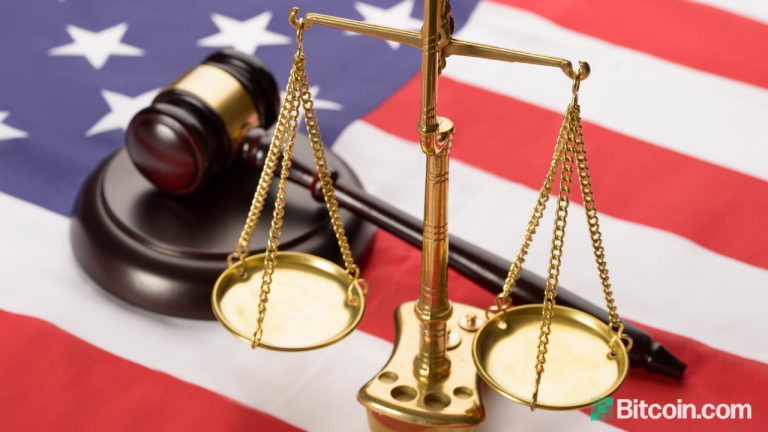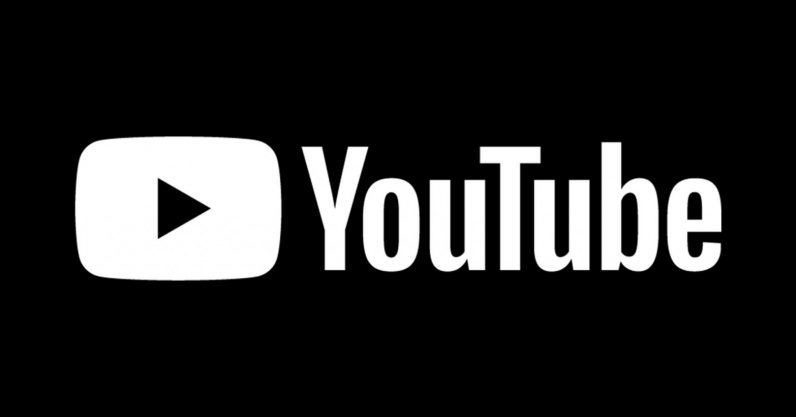
2021-6-3 18:00 |
Apple co-founder Steve Wozniak has lost his lawsuit against Youtube over bitcoin giveaway scams using his name and image. The judge reportedly said that “Youtube and its parent, Google LLC, are protected by the federal law that shields internet platforms from responsibility for content posted by users.”
Bitcoin Giveaway Scams Continue on Youtube as Steve Wozniak Loses LawsuitSteve Wozniak has lost his lawsuit against Youtube over bitcoin giveaway scams on the video-sharing platform fraudulently using his name and image. Bloomberg conveyed that Judge Sunil R. Kulkarni of the Superior Court of Santa Clara County said in a tentative ruling Wednesday:
Youtube and its parent, Google LLC, are protected by the federal law that shields internet platforms from responsibility for content posted by users.
Scammers have been using Youtube to post videos claiming that famous people are giving away bitcoin or other cryptocurrencies, such as ether. They promise to double the amount of bitcoin sent to them.
Besides Wozniak, scammers have used the names and images of Tesla CEO Elon Musk, Amazon CEO Jeff Bezos, Microsoft co-founder Bill Gates, and Richard Branson. They have also used some well-known people in the crypto space, such as Coinbase CEO Brian Armstrong and Ethereum’s Vitalik Buterin. Bitcoin News reported in July last year that the Elon Musk bitcoin giveaway scam raked in millions of dollars.
if (!window.GrowJs) { (function () { var s = document.createElement('script'); s.async = true; s.type = 'text/javascript'; s.src = 'https://bitcoinads.growadvertising.com/adserve/app'; var n = document.getElementsByTagName("script")[0]; n.parentNode.insertBefore(s, n); }()); } var GrowJs = GrowJs || {}; GrowJs.ads = GrowJs.ads || []; GrowJs.ads.push({ node: document.currentScript.parentElement, handler: function (node) { var banner = GrowJs.createBanner(node, 31, [300, 250], null, []); GrowJs.showBanner(banner.index); } });
Wozniak and 17 other fraud victims sued Youtube and Google in July last year. They argued in the lawsuit that Section 230 of the Communications Decency Act should not apply to their case because Youtube not only failed to remove the scam videos but “materially contributed” to the scam.
Wozniak claimed that the video-sharing platform profited from the scam by selling targeted ads, driving traffic to the fraudulent videos after falsely verifying the scammers’ Youtube channels.
However, Judge Kulkarnia told Wozniak that those factors were not enough to overcome the immunity provided by Section 230. She gave the Apple co-founder 30 days to revise his complaint.
Do you think Youtube is at fault for allowing bitcoin giveaway scams to persist on its platform? Let us know in the comments section below.
origin »Bitcoin price in Telegram @btc_price_every_hour
Bitcoin (BTC) на Currencies.ru
|
|





